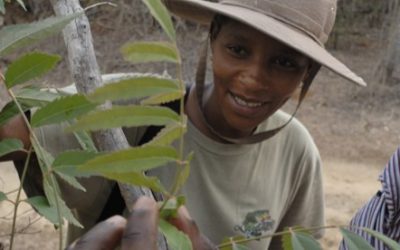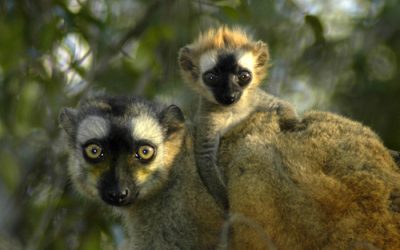Collaboration is the key to integrating citizen science data into conservation efforts across Africa, scientists and government agencies were told at a gathering of stakeholders in Abuja.
The importance of such data gathering – logged by citizen scientists – was top of the environmental management agenda when Cambridge-based Tropical Biology Association (TBA) joined scientists, policymakers and conservation agencies in Nigeria last week.
The two-day event, held under the TBA-led project “Improved Decision-making through Citizen Science Data”, was organised by the Nigeria Bird Atlas Project (NiBAP), showcasing how such data can inform conservation management and influence policy. The project is funded by the UK Government through Darwin Initiative.
TBA’s Anthony Kuria, the principal investigator for the project, said the presentations outlined examples of citizen science data’s impact in Nigeria.
“By using citizen science to monitor butterflies, early observations from Amurum Forest Reserve in Jos Plateau reveal biodiversity trends and conservation priorities,” he reported.
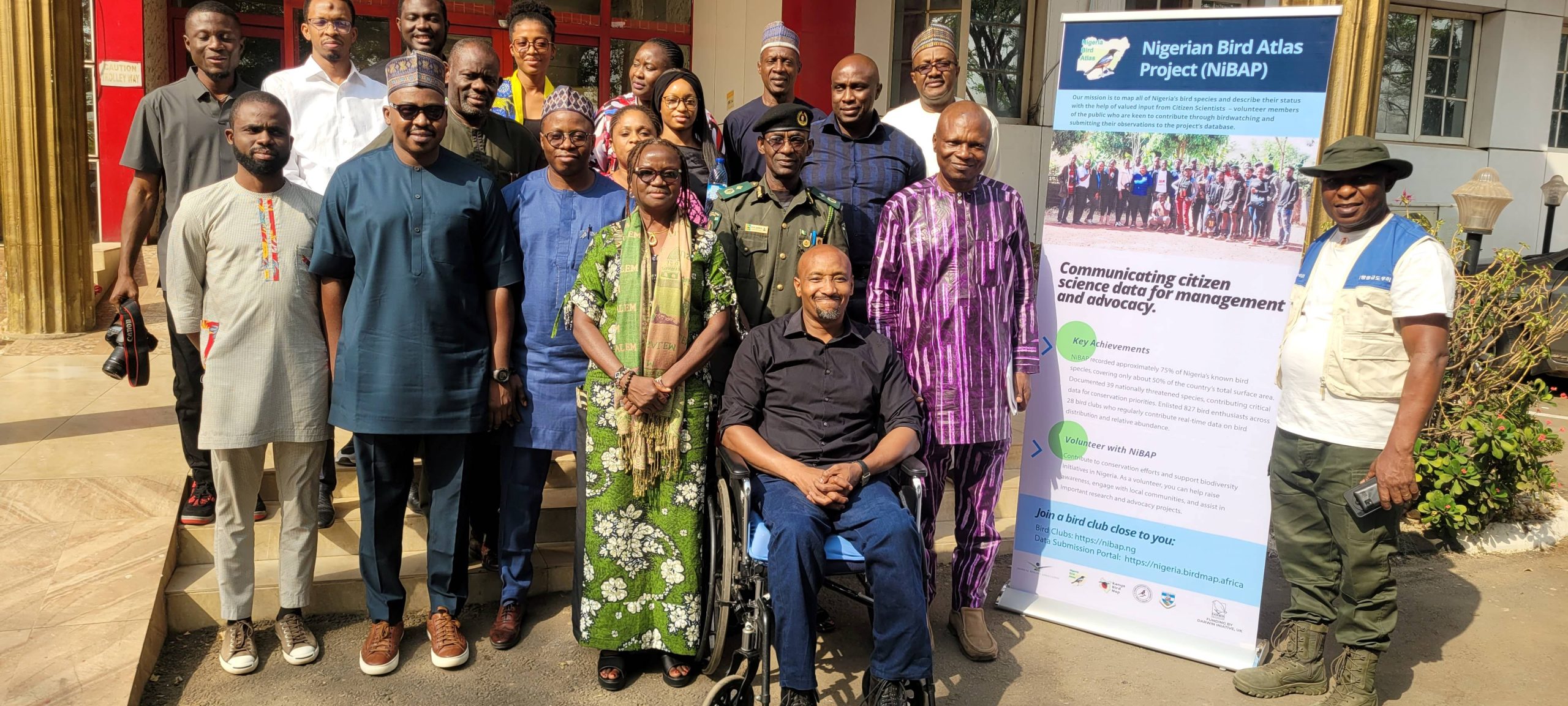
Bello Danmallam, from NiBA and a data analyst for the project, shared research on the effectiveness of protected areas in conserving birds in Nigeria’s fast-changing landscapes.
“If we look at bird distribution in Kenya between 1970 and 2023, we can see the impact of urbanisation on biodiversity,” he said.
Anthony Kuria compared the long-term bird distribution data in Kenya, demonstrating the value of sustained monitoring. “Similar mapping efforts in Nigeria could guide conservation actions,” he said.
Citizen science findings and policy implications included a report by Oluchi Agodi of the Small Mammals Conservation Organisation on the acoustic monitoring of straw-coloured fruit bats.
“Technology can gather data on this near-threatened species, emphasizing its crucial role in pollination and seed dispersal,” she said.
Sustainable agriculture and biodiversity were explored by Hope Usieta of the Leventis Foundation (Nigeria) – a key participant – who highlighted the intersection between farming and conservation.
The importance of data-driven conservation strategies was stressed by Iniunam Iniunam from NiBA and data analyst for the project highlighting the richness and endemism among Nigerian birds.
Policy representatives and conservation NGO’s discussed the challenges and opportunities for using citizen science data for conservation. “A key outcome was the need for stronger partnerships and improved knowledge-sharing,” said Kuria, who heads TBA’s African office in Nairobi. He pointed out that one successful outcome was that the Livestock Development Department expressed interest in collaborating with NiBA on disease surveillance.
Key priorities for stakeholders included linking citizen science to economic benefits, improving conservation education in school projects, training park rangers in citizen science and integrating nature into urban planning.
NiBA manager Dr Talatu Tende noted the value gained from enriching discussions and connections made.
“These elements will drive co-operation for the benefit of biodiversity and people and aid the integration of citizen science in conservation.”
Kuria described the meeting as a great example of how the Darwin Initiative funded project bridged science and policy.
“Together with our partners we are paving the way for a sustainable future where citizen science is not just a research tool but a powerful driver of change.”
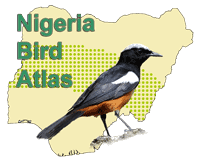
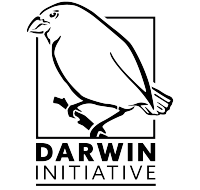
Funded by the UK Government
through Darwin Initiative.

